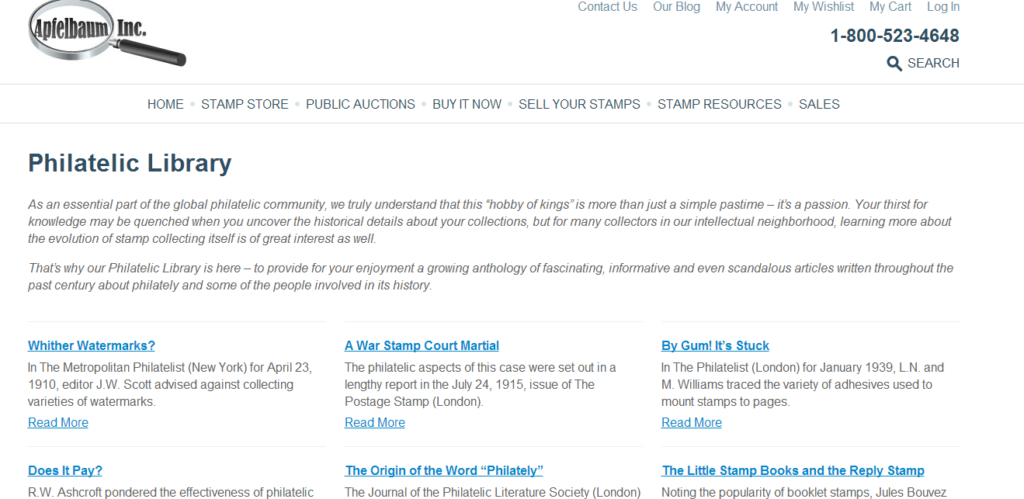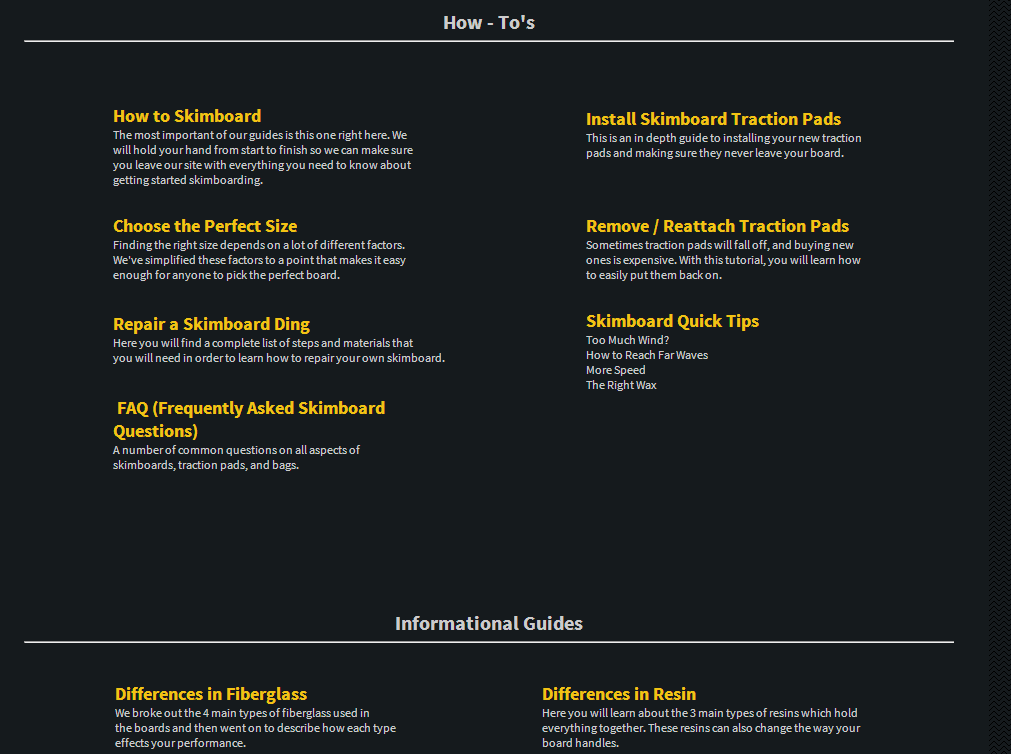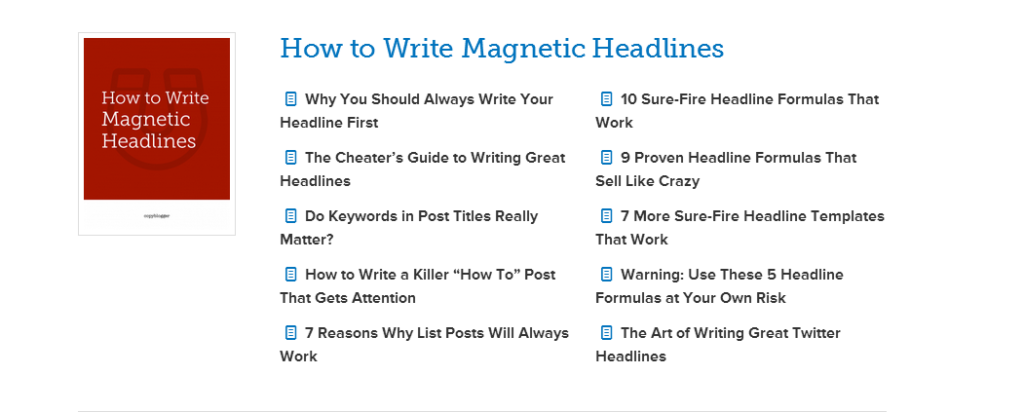For some time, websites were fairly standard. They existed to provide information – basic company histories and overview, pricing, product listings and contact information. As long as a company could be found online, it was thought to be sufficient.
Things have changed. With the rise in smarter search engine crawlers, a customer base hungry for information and a focus on website statistics like conversions and bounce rates, standard is no longer enough.
Today, websites should provide more. Adding educational resources to your site is one way to accomplish your online goals.
Online Brochures vs. True Resources
The old version of websites, like those previously referenced, served a simple purpose. They were designed to share basic information and lead to further contact or action. Because of this, they were more like brochures. Just like brochures from a realtor’s office provide basic information on a local attraction, websites were designed to garner attention.
The problem was that this attention was without action. With brochure-like websites, the potential for conversions is low. Users could only do so many things. They’d typically fill out a contact form or get an address, then leave.
When websites provide detailed information on various topics and are updated regularly, it’s a game changer. Resources and educational longform content create a true online resource database. This encourages users to spend more time on the site and interact at a deeper level. It creates the potential for conversions.
Benefits of Educational Resources
Educational resources do more than add content to your website. They provide tangible benefits that include the following:
- Longer surfing sessions. The longer a user spends on a website, the more familiar he or she will become with the brand. Longer surfing sessions mean more is vested, which leads to a higher chance of a conversion.
- Something to promote. Social media is a good thing. It’s a way to interact in real time with brand followers and potential customers. However, it has to link back to something in order to provide depth. Educational resources and longform content provide something to promote, which helps in marketing efforts across the board.
- Deeper brand connections. The more vested website visitors feel, the more connected they’ll also feel. Deeper brand connections are always positive.
- Reasons to return. When content is updated and added to on a regular basis, visitors have something to depend on and a reason to return. Return visits increase the likelihood of a conversion in the future.
How to Incorporate Educational Resources
How can you incorporate educational resources into your website and marketing scheme? It doesn’t have to be a challenge. Check out a few of the options below.
Find a Focus and Become a Central Resource
To find a central focus, think outside of your own product line to the bigger picture. What interests would visitors to your website have based on their interest in your brand?
Apfelbaum Inc., a leader in the world of stamp collecting and sales, created a huge Philatelic Library, designed to serve as a central resource for those interested in the practice. The website promotes a variety of resources for those interested in specific niches, as well as practical advice for making the most of your collections. This is all done in a branded environment that promotes the company first and foremost. It’s an all-in-one stop for anybody who collects stamps, so there’s no need for the visitor to leave the site. This is an example of an educational library at its best.
Answer Questions
For certain products, brands or interests, a level of understanding that goes below the surface is essential for success. For visitors to such websites to become interested enough to make a purchase, they first have a lot to learn. When they feel like the answers they need are readily available, they’re more likely to jump on board.
This is best demonstrated by Outdoor Board Sports’ Skimboard Educational Resource page. Skimboarding is a sport similar to surfing that’s starting to take off in popularity. However, for beginners to be vested enough to buy their own board, they must have an understanding of the sport and know how to care for a board. The brand’s resource page provides a wealth of how-to knowledge and other informational resources to remove guesswork – all while providing customers with the confidence to proceed.
Provide Step-by-Step Instructions
Sometimes brands have more than a simple product to sell. Sometimes they exist to provide information that helps users in a specific area of life. In this case, how-to guides that provide step-by-step instructions are critical.
Copyblogger, a leader in web hosting and design platforms, understands that people who use their products likely have little knowledge about website success. Because of this, they have an opportunity to come alongside users by offering actionable information. One area of particular struggle for users is writing headlines. To overcome this, the brand created a “How to Write Magnetic Headlines” page that is full of information and guides to simplify the process while empowering users.
Educational resources give brands something to promote, encourage visitors to stay longer and bring them back time and time again. The days of creating straightforward websites that offer little more than basic information are in the past. Brands that want to increase conversions while decreasing bounce rates should start with educational resource sections.
Scott Huntington is a writer and blogger. He lives in Pennsylvania and with his wife and son, writing about social media and doing research for UB Solutions. Follow Scott at @SMHuntington.



